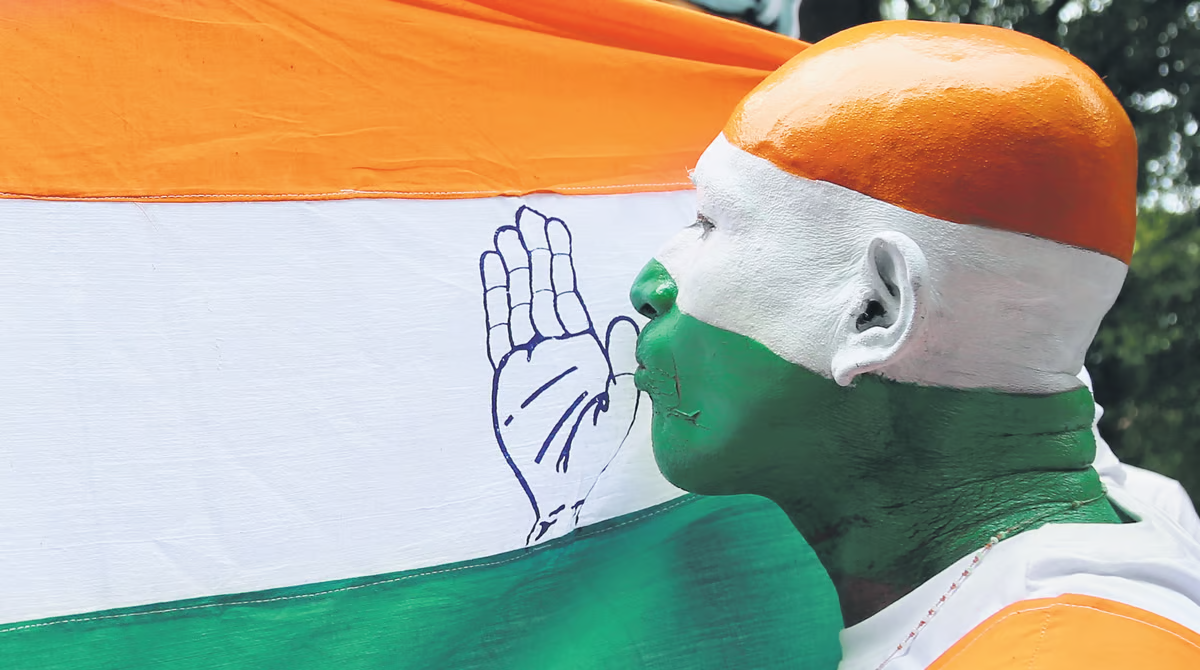The recent Parliament elections in Kerala resulted in a significant triumph for the United Democratic Front (UDF), which secured 18 out of 20 seats. 1 seat was won by BJP candidate Suresh Gopi in Thrissur and just 1 seat only was won by an LDF candidate. As the saying goes, "success has many fathers, but failure is an orphan" there are many claiming credit for the results! In fact the main person who helped the landslide victory for UDF is none other than than Pinarayi Vijayan, the chief minister of kerala and his CPI(M) party only. Yes, the overwhelming victory of UDF in Kerala was primarily a resounding rejection mainly of Chief Minister Pinarayi Vijayan's Left Democratic Front (LDF) government in Kerala and Modi's dictator rule in the centre.
Factors in Thrissur
In Thrissur, the BJP candidate Suresh Gopi's victory can be attributed to his long-term efforts in the constituency and a unique appeal to religious sentiments. Gopi's offering of a golden crown to the Holy Virgin Mother and his compassionate work in the area garnered significant local support especially that of the Christian community which was UDF vote bank. His victory was not at all a reflection of Modi's influence but rather a recognition of his personal dedication and service to the community.
Pinarayi Vijayan's Troubled Tenure
The LDF, under the leadership of Pinarayi Vijayan, has been marred by numerous allegations of corruption, nepotism, inefficiency, and rising crime rates. The electorate's growing frustration with these issues played a critical role in the shift towards the UDF. Vijayan's government has been accused of mishandling key sectors, including education and public safety, leading to widespread dissatisfaction among the people.
Corruption and Nepotism
Under Vijayan's rule, the LDF government faced severe criticism for rampant corruption and nepotism. Scandals involving most of the CPI(M) leaders including the chief minister and his family, and misuse of public funds eroded public trust. The perception that the government was serving the interests of a select few rather than the broader populace fueled anger and disillusionment among voters.
Inefficiency and Rising Crime
The LDF's tenure saw a significant increase in crime and lawlessness, which the government appeared unable and unwilling to control. The student wings of the Communist party always took law in ther hands. This sense of insecurity among the public, coupled with inefficiencies in governance, further alienated the electorate. The failure to address these pressing issues effectively was a major factor in the electorate's desire for change.
Drug and Liquor Menace
Another significant concern during Vijayan's tenure was the rise of drug and liquor problems and the highhandedness of the goonda raj. The government's inability to curb these issues led to a societal degradation that affected everyday life in Kerala. Families and communities bore the brunt of these issues, leading to widespread resentment towards the ruling party.
Education and Social Services
The degradation of the education system under the LDF's governance was another point of contention. The public perceived a decline in the quality of education and social services, which had long been a hallmark of Kerala's development. This perceived decline was a stark contrast to the high standards expected by the people, further contributing to the LDF's unpopularity.
National Sentiment Against BJP
The BJP, led by Prime Minister Narendra Modi, has been accused of persecuting minorities, particularly Christians and Muslims. His long silence on the Manipur violence is clear evidence of his direct or indirect involement in the violence between two races there. This sentiment resonated strongly in Kerala, where the minority and secular-minded population has a sizable strength. The fear of rising intolerance under Modi's rule pushed many voters towards the UDF, seen as the only alternative..
Conclusion
The UDF's landslide victory in Kerala was not just a result of their campaign but a clear rejection of Pinarayi Vijayan's administration. The electorate's dissatisfaction with the LDF's corruption, inefficiency, rising crime, and degradation of social services was the driving force behind the shift. Voters sought a change from the troubled tenure of the LDF, and the UDF emerged as the preferred alternative for a return to stability and good governance.
